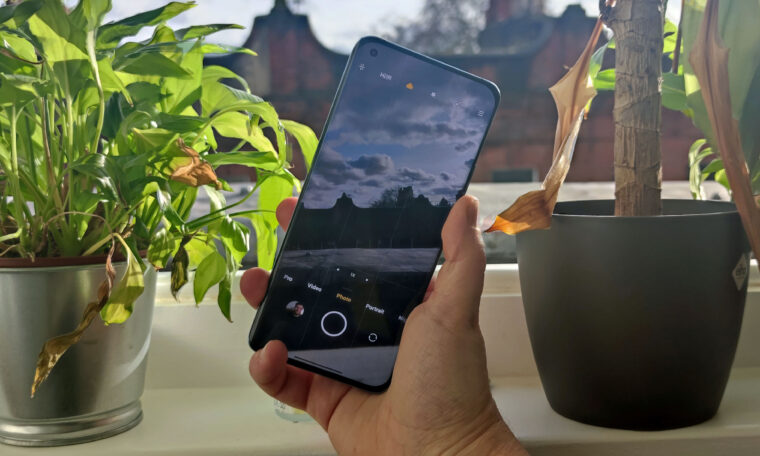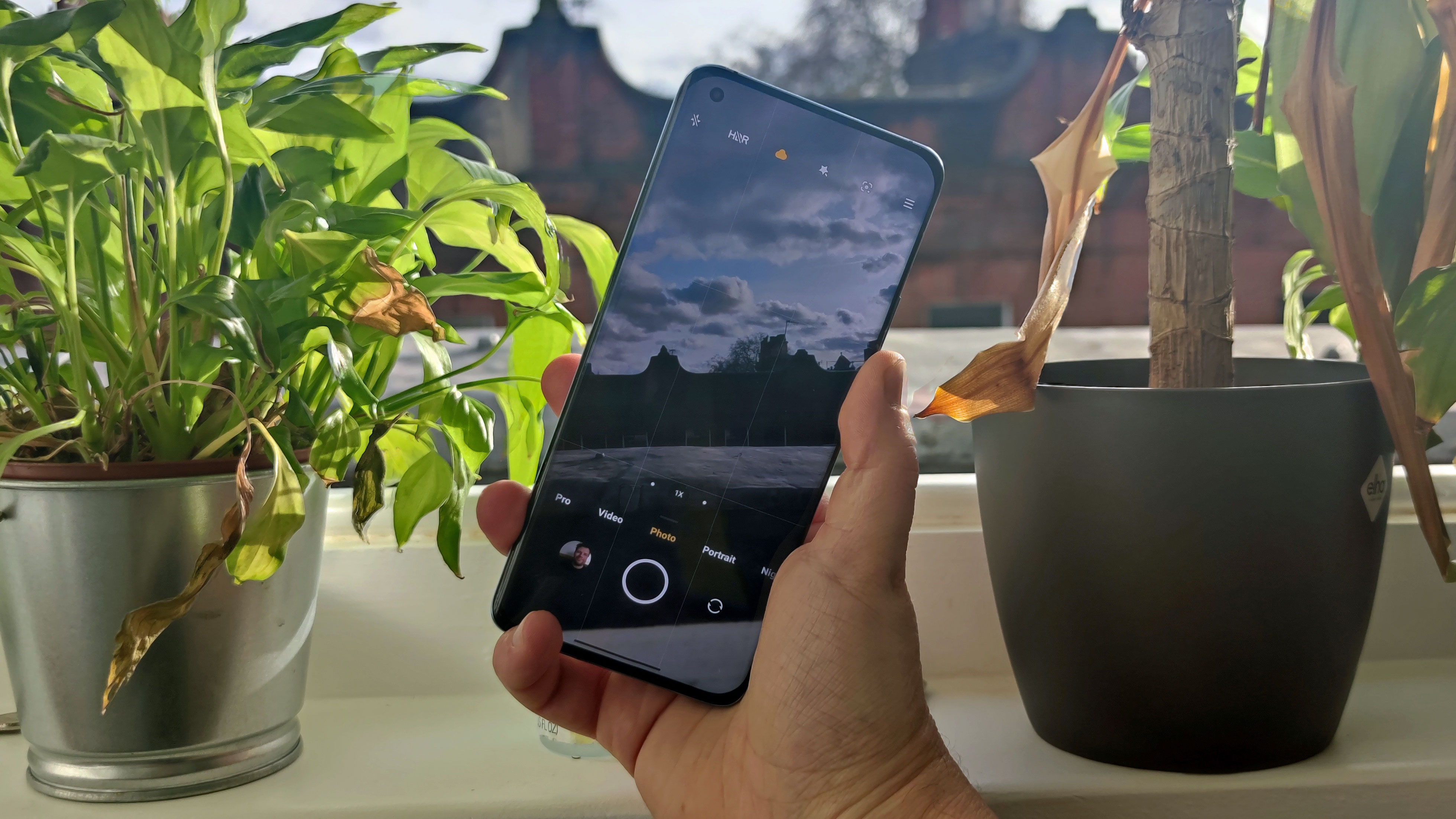
[ad_1]

While there are loads of Xiaomi phones possibly coming soon – the Mi Note 11 and Mi 11T spring to mind – the Xiaomi Mi 12 will be the brand’s next true flagship phone.
The Mi 12 follows the Xiaomi Mi 11, the brand’s 2020 flagship, which also had a premium sibling in the Mi 11 Ultra and a mid-range one in the Mi 11 Lite 5G. While we gave the ‘vanilla’ Mi 11 a very good score, there’s always things a successor could do better.
We’ve listed all the new things we want to see in the Xiaomi Mi 12 below, based on what we liked (and didn’t) about the Mi 11 series, and looking at other Xiaomi phones as well as handsets made by other companies.
There aren’t any leaks about the Xiaomi Mi 12 so far – it’s likely too early to be hearing those – but when they start cropping up, likely in the last few months of the year, we’ll report on them all and share them on this page. So stay tuned for that.
Cut to the chaseWhat is it? Xiaomi’s 2022 flagship phoneWhen is it out? Likely early 2022How much will it cost? Expect a premium price
(Image credit: Future)Xiaomi Mi 12 release date and price
Xiaomi’s a weird company for release dates, at least judging by the Mi 11 series, and the Mi 12 probably won’t be any different.
The Mi 11 was first unveiled in December 2020, in a China-only launch. It took until February 2021 for a global re-launch and another month until it went on sale.
That’s a bizarre and stretched-out timetable that negates lots of the phone’s hype by the time it reaches the global market, so hopefully Xiaomi won’t repeat it for the Mi 12. We can’t know for sure, though.
Regarding a Xiaomi Mi 12 price, we can once again only go on the Mi 11 as guidance. The phone cost £749 / AU$1,099 (around $1,040), which put it roughly in line with the Samsung Galaxy S21 and OnePlus 9 in terms of price – expect a similar competition again next year.
What we want to see
This wish list of features for the Xiaomi Mi 12 is based on the Mi 11 series (including the Ultra) as well as other Xiaomi phones, and what the company’s competitors are doing.
(Image credit: Future)1. Lower prices
When it burst onto the Western phone markets, Xiaomi made a name for itself with its ‘flagship killer’ phones, that had similar specs to top offerings from Samsung and OnePlus (itself the original flagship killer), but with much lower prices.
With the Mi 11 that’s no longer the case – the vanilla phone and Ultra model both match rivals in terms of prices. The Mi 11 wasn’t too expensive as such, but the competitive edge that put Xiaomi ahead has gone.
We’d like to see the Mi 12 undercut its contemporaries, so it can put itself ahead of them in a more palpable way. If there’s another Ultra model, we’d like to see that much more affordable, as the Mi 11 Ultra arguably wasn’t worth its cost.
2. A cleaner user interface
MIUI, the Android fork Xiaomi uses on its phones, has some really great features and some absolutely horrible ones. The company needs to sort it out.
It’s true that MIUI presents loads of customization options, more so than some other Android forks, and the interface has solid security.
But on the other hand MIUI comes with loads of bloatware, has an annoying security scan pop-up every time you install an app, and is really, really buggy. These issues need fixing before we can wholeheartedly love Xiaomi phones.
3. New photography modes
(Image credit: Future)
We’re listing something here that we almost definitely will see – but this is a list of what we want to see, and Xiaomi’s new camera modes are often a treat to play with.
For photography and videography in the camera app, Xiaomi often brings new modes that rivals don’t have. There are loads of effects-heavy video modes called Movie Effects, automatic color editing for photography (more in-depth than just filters), and the sky editing mode that lets you completely change the skyline and weather effects for photos.
We’re already excited to see what the Mi 12 brings, as the fun modes will likely make using the camera a treat.
4. Better battery life
The Xiaomi Mi 11 series was plagued by a consistent problem, in that the phones just didn’t have very good battery lives.
While each phone had a huge battery, it doesn’t seem like the software or features were optimized very well, causing the power to drain quickly. In particular the Mi 11 Ultra had an overheating problem which caused the charge to plummet.
Clearly bigger isn’t better in this case – we’d like Xiaomi to roll out more battery optimizations that save the phones from dying so quickly.
5. Improved fingerprint scanner
Not all Xiaomi phones have in-screen fingerprint scanners, but the ones that do often mess up this feature a little bit.
Some in-screen scanners can be temperamental, meaning your finger sometimes gets rejected even if it should work. This can sometimes be a software issue, other times just an issue with the sensor being too small.
Xiaomi needs to figure out a fix for these fingerprint sensors, because they’re pretty annoying to use otherwise.
[ad_2]
Source link



